Written by Daniel Matthews
 US House and Senate leaders are struggling to find infrastructure funding. Right now, we need $275 billion for roads, bridges, and mass transit. But competing interests, particularly those of the American Banking Association and major Wall Street banks, are hampering the effort. Congress wants to pay the banks less in dividends for stocks, which the banks have to buy from the Federal Reserve Bank. The banks claim this would upset a delicate financial balance—in essence, they’re threatening to sue and take their business elsewhere.
US House and Senate leaders are struggling to find infrastructure funding. Right now, we need $275 billion for roads, bridges, and mass transit. But competing interests, particularly those of the American Banking Association and major Wall Street banks, are hampering the effort. Congress wants to pay the banks less in dividends for stocks, which the banks have to buy from the Federal Reserve Bank. The banks claim this would upset a delicate financial balance—in essence, they’re threatening to sue and take their business elsewhere.
The situation with the banks is symptomatic. They complain that crumbling infrastructure has nothing to do with their business. Yet Wall Street banks couldn’t function without an infrastructure designed to allow people to get to work.
We’re in a predicament when the people who depend on infrastructure don’t claim any ownership—when they don’t take any responsibility for the infrastructure on which they depend.
As we sit and watch our infrastructure crumble, what can we do? We all depend on the roads, the bridges, the canals, the rails. But we’re not in the same position as Congress. We don’t play the role of financing the renovation. They pass the bills, then we do the work. But the question still remains. What can the individual do in the face of a system that struggles with enabling the individual to do anything?
Idaho
The answer isn’t easy to find. But when the situation is complex, we’ve got to think simple. What if we focused on sustainable use of our infrastructure, rather than expensive repairs and replacements?
Stability starts from the ground up. In Idaho, where I live, we had nearly twenty-five thousand farms and ranches in 2012. Those farms and ranches make up about twenty-two percent of the land in the state. Out of those farms, only 229 of them were organic.
What if farmers and consumers made a concerted effort to prioritize organic produce and local commerce? Less of the produce and meat would go out of the state and out of the region, because the organic, sustainable economy movement focuses on ‘buying local’, and because it’s impractical to ship organic produce very far due to spoiling. Sustainability is an idea thinkers such as Adam Smith and David Hume developed because the Industrial Revolution was bound to ruin the environment. The model can also apply to supporting infrastructure.
In 2012 our food exports totaled $133 billion, while imports reached $110 billion. More in-state food commerce could mean a lot less shipping back and forth to move our produce. By supporting sustainably sourced, local food economies, states like Idaho can do their part to minimize the wear and tear on our nation’s shared infrastructure.
City streets
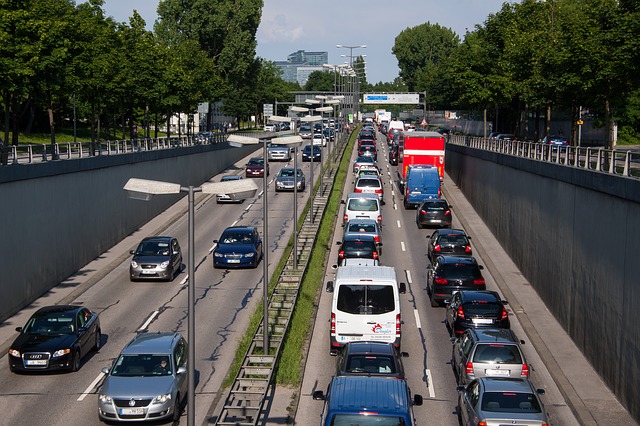 We can vote for infrastructure repair, vote for people at the local level who support infrastructure repair, and organize rallies for this cause. Even further, we can make an effort not to do more unnecessary damage to streets.
We can vote for infrastructure repair, vote for people at the local level who support infrastructure repair, and organize rallies for this cause. Even further, we can make an effort not to do more unnecessary damage to streets.
We can try alternative forms of transportation. Biking and carpooling more often will cut down on road use, save us money, and ease traffic jams.
The rebuttal to this is that a gas tax is one of the most viable ways of raising funds for infrastructure renewal. But if we cut down on driving, we’re not paying the gas tax, and therefore we’re not raising infrastructure funds.
This is one of the ways in which the issue is complex. Individual resolve and action is the answer. If we cut down on driving we’re doing less damage to the roads. But the driving already done for decades has contributed to infrastructure damage. The money we save by not driving, and the money shipping companies save due to fewer traffic jams, could go toward infrastructure repair. At least a certain percentage of it could. This may be as simple as voluntary donations. Or it could mean the state levying a new tax other than a gas tax, or asking for infrastructure donations (instead of political party donations) on fiscal tax returns.
Our infrastructure, our future
Overall, I think an increased level of care on the part of the consumer—the voter—will make the difference. Politicians can’t ignore their constituencies. On our part, we can do our best to support local commerce while asking our respective state and local governments to take initiative. We can also do our best to consider alternative forms of transportation. We can donate. In the end, our infrastructure will improve the more we get involved—on an individual, local, and state level.
…
Daniel Matthews is a freelance writer and musician from Boise, Idaho with a Bachelor’s Degree in English Creative Writing from Boise State University. He has written for Triple Pundit, Switch and Shift, Jeff Bullas’ blog, Lifehack, and Paste Magazine. He’s the grandson of an United States senator, and his interest in America’s infrastructure stems from his interest in what makes this country great: the determination, brilliance, and hard work of those who came before us, and our determination to carry the torch.
Tags: agriculture, Daniel Matthews, Idaho

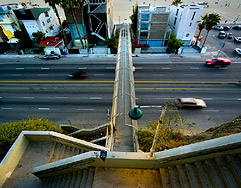
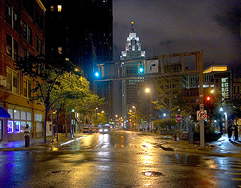
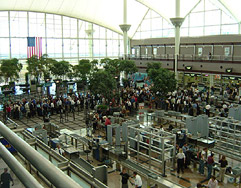
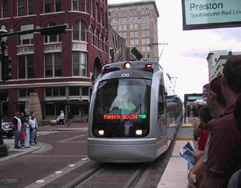

 RSS Feed
RSS Feed